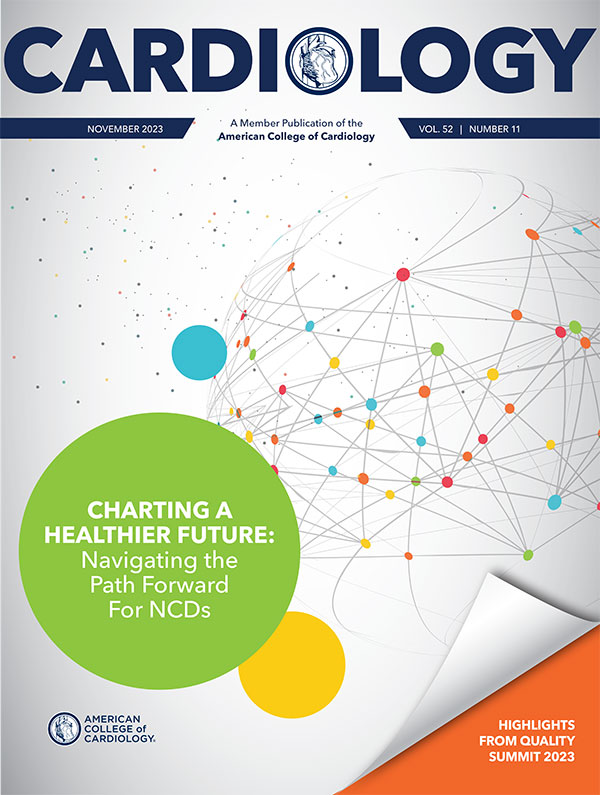JACC in a Flash
Featured topics and Editors' Picks from all of ACC's JACC Journals.
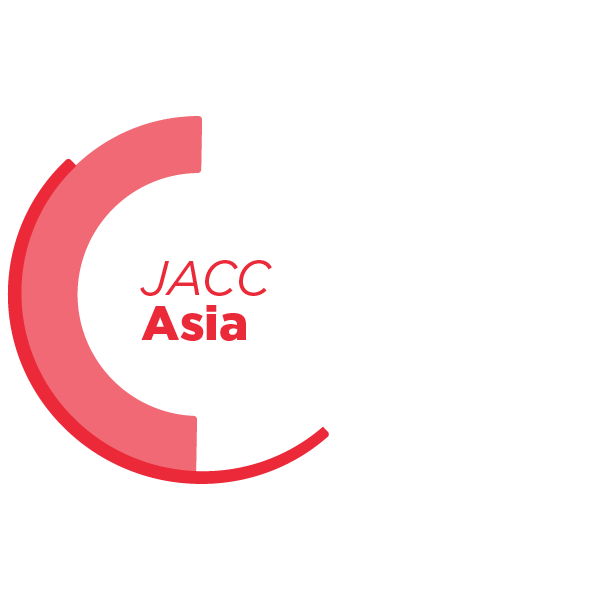
The use of direct oral anticoagulants (DOACs) was associated with a reduction in dementia risk compared with warfarin in patients with atrial fibrillation (AFib), particularly in Asians, according to a study published in JACC: Asia. This benefit may reverse with increased age and requires further study.
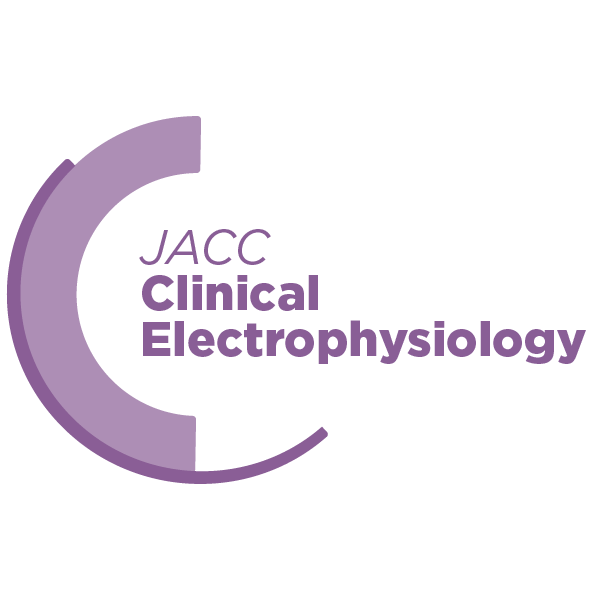
Among patients with heart failure (HF) who had an ICD or CRT-D for primary prevention, the risk for ventricular tachyarrhythmia (VTA) and ICD shocks was significantly lower among patients ≥75 years old, compared with younger patients, according to a study published in JACC: Clinical Electrophysiology.
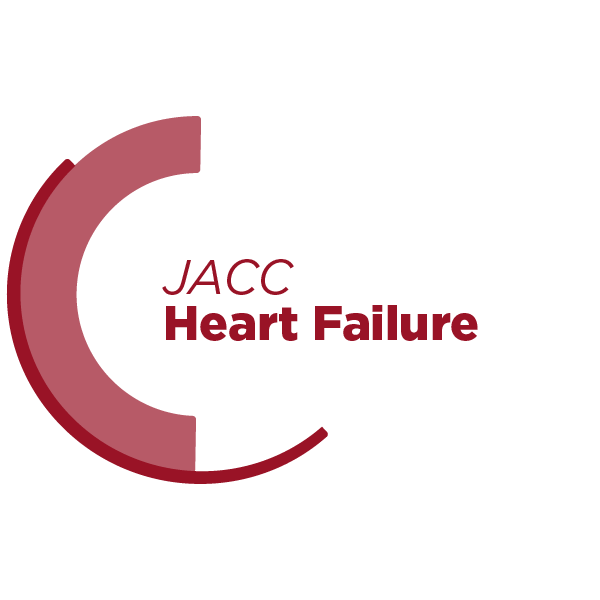
As maternal mortality continues to rise in the U.S., a comprehensive preconception risk assessment is crucial for women with heart failure (HF). HF and cardiomyopathy contribute to a high percentage of pregnancy deaths and multidisciplinary cardio-obstetric teams are necessary for improving maternal outcomes, according to a state-of-the-art review published in JACC: Heart Failure.
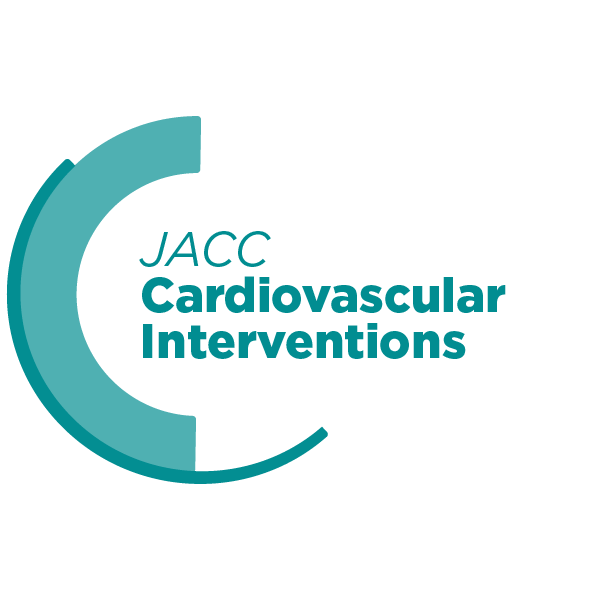
Transradial access among patients with acute myocardial infarction (AMI) and cardiogenic shock undergoing PCI was associated with significantly lower rates of in-hospital adverse outcomes when compared with transfemoral access, regardless of mechanical circulatory support use, according to a study published in JACC: Cardiovascular Interventions.

An updated NCDR acute kidney injury (AKI) risk model, developed using CathPCI Registry data, refined AKI prediction following PCI and facilitated enhanced clinical care, benchmarking and quality improvement, according to a recent study, while another study that investigated the implications of race-based estimates, found that incorporating a GFR estimate without a Black race term into the NCDR AKI risk prediction model resulted in a better calibrated model to determine risk in Black patients. Both studies were published in JACC: Cardiovascular Interventions.

The use of durable mechanical circulatory support, such as a durable left ventricular assist device (dLVAD), is an important but often underutilized treatment for patients with advanced heart failure (HF), according to a JACC Scientific Statement published in JACC.
JACC Interactive Tool For Chronic Coronary Disease
A new interactive tool from JACC helps clinicians understand and apply changes in clinical practice management outlined in the 2023 AHA/ACC Guideline for the Management of Patients With Chronic Coronary Disease. The Chronic Coronary Disease Guideline Interactive Tool focuses on new recommendations surrounding SGLT2 inhibitors, GLP-1-RAs and beta-blockers, and populates guideline recommendations based on specific patient characteristics and medications entered by the clinician. Click here to access the tool.
Clinical Topics: Anticoagulation Management, Arrhythmias and Clinical EP, Cardiac Surgery, Congenital Heart Disease and Pediatric Cardiology, Heart Failure and Cardiomyopathies, Invasive Cardiovascular Angiography and Intervention, Anticoagulation Management and Atrial Fibrillation, Implantable Devices, SCD/Ventricular Arrhythmias, Atrial Fibrillation/Supraventricular Arrhythmias, Aortic Surgery, Cardiac Surgery and Arrhythmias, Cardiac Surgery and CHD and Pediatrics, Cardiac Surgery and Heart Failure, Congenital Heart Disease, CHD and Pediatrics and Arrhythmias, CHD and Pediatrics and Interventions, Acute Heart Failure, Mechanical Circulatory Support, Interventions and Structural Heart Disease
Keywords: ACC Publications, Cardiology Magazine, Atrial Fibrillation, Incidence, Anticoagulants, Tachycardia, Ventricular, Ventricular Fibrillation, Arrhythmias, Cardiac, Cardiomyopathies, Electrophysiology, Heart-Assist Devices, Heart Failure, Percutaneous Coronary Intervention, Myocardial Infarction, Heart Defects, Congenital
< Back to Listings


